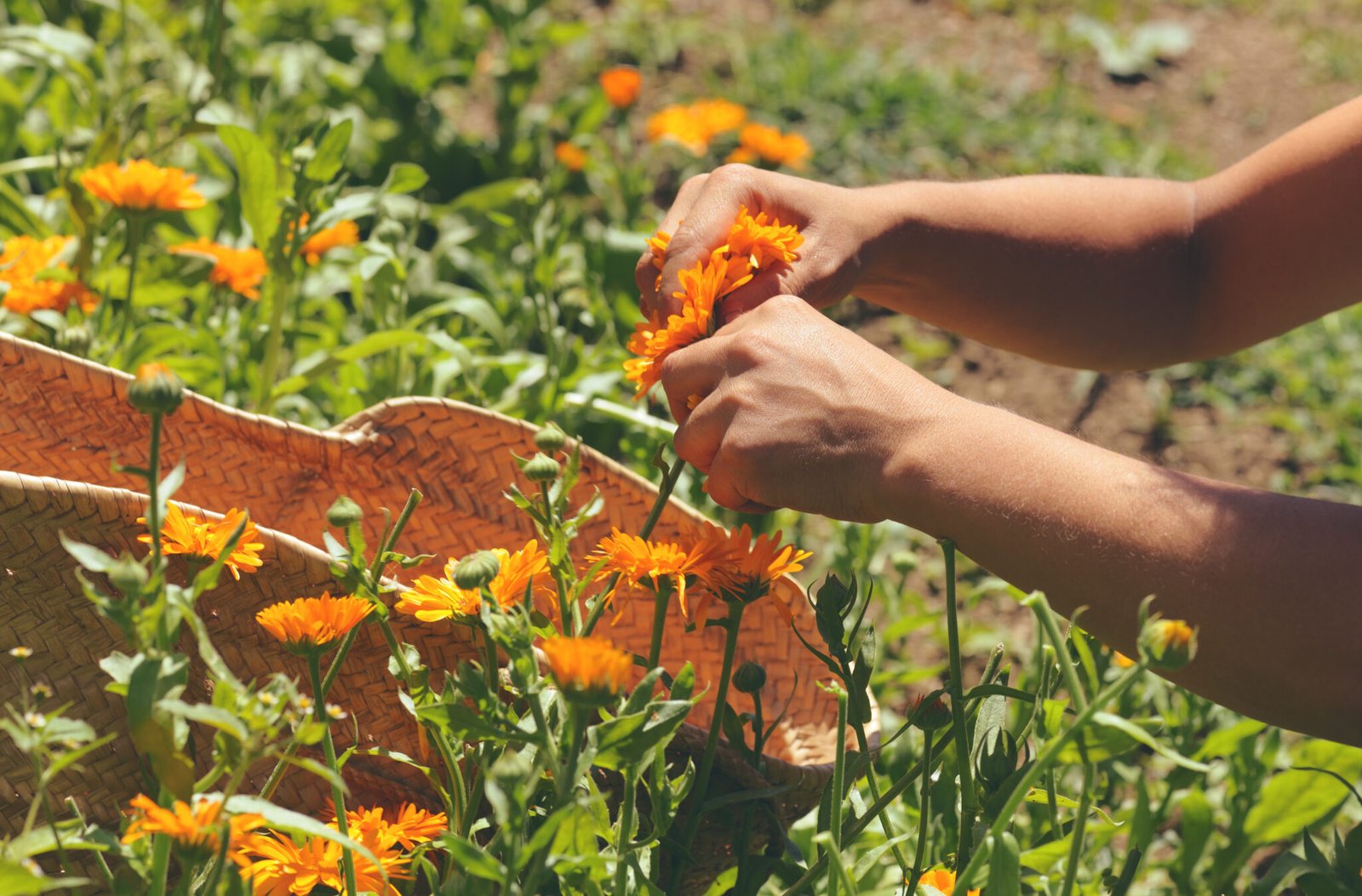How to Find a Certified Herbalist
Finding a certified herbalist can be a crucial step in accessing effective, safe, and personalized herbal remedies. Whether you’re new to herbal medicine or looking for more advanced treatment options, choosing the right herbalist ensures that you receive professional care rooted in education and experience. In this guide, we’ll explore how to find a certified herbalist who aligns with your needs.
1. Understand What a Certified Herbalist Is
Before searching for a certified herbalist, it’s important to understand what “certified” means in this context. Certification indicates that the herbalist has completed formal training in herbal medicine from a reputable institution and has demonstrated competence in the field. Certification ensures that the herbalist is knowledgeable about plant medicine, dosages, potential side effects, and safe practices.
Certifications might come from organizations like:
- American Herbalists Guild (AHG)
- National Institute of Medical Herbalists (NIMH)
- Herbal Academy
- Canadian Herbalists Association of British Columbia (CHA)
While not all herbalists are required to be certified, choosing one with certification can provide you peace of mind.
2. Check for Educational Background
Look for herbalists who have completed accredited educational programs. Certified herbalists often undergo years of formal study, where they learn about plant identification, medicine-making techniques, anatomy, physiology, and the therapeutic use of herbs.
You can check their website or ask them directly about:
- Training institutions attended
- Length of study
- Coursework completed
For example, many certified herbalists are graduates of herbal medicine schools such as The Herbal Academy or The California School of Herbal Studies.
3. Research Certification and Membership with Professional Organizations
Most reputable herbalists will be members of one or more professional herbalist associations. These organizations often have strict membership criteria, and being part of them indicates that the herbalist is committed to continuing education, ethical practice, and maintaining professional standards.
Look for these memberships:
- American Herbalists Guild (AHG)
- National Institute of Medical Herbalists (NIMH)
- Herbalists Without Borders
These organizations often provide directories of certified practitioners, allowing you to search for someone near you.

4. Ask for Recommendations
Word-of-mouth recommendations from friends, family, or online communities can help you find a certified herbalist. Many people trust their health care providers and their experiences with natural remedies. Consider asking around in health food stores, yoga studios, or online herbal forums for recommendations.
- Online Forums: Look for reputable herbalism communities on platforms like Reddit, Facebook, or specific health websites.
- Health Food Stores: Many herbalists collaborate with local natural food shops and can offer recommendations.
5. Evaluate Their Experience and Specialization
While certification is essential, experience and specialization matter too. Certified herbalists may specialize in different areas such as:
- Women’s health
- Digestive issues
- Stress management
- Skin care
- Chronic illness management
Before committing, ask potential herbalists about their experience with the specific condition or health goals you wish to address. You may feel more comfortable working with someone who has expertise in your area of concern.
6. Verify Their Approach and Communication Style
Herbalists use various approaches to healing, so it’s important to ensure their philosophy aligns with your values. Some herbalists prefer a holistic approach, integrating mind-body-spirit practices, while others may focus more on the medicinal aspects of plant-based remedies.
During an initial consultation (which may be free or low-cost), evaluate their:
- Approach to treatment: Do they create personalized plans? Are they focused on long-term wellness?
- Communication: Do they listen to your concerns? Do they explain their recommendations clearly and in detail?
It’s crucial that you feel comfortable and understood by your herbalist.
7. Check Reviews and Testimonials
Reviews and testimonials from other clients can give you insight into the herbalist’s reputation and effectiveness. Look for feedback on their approach, professionalism, and how helpful their herbal remedies were. While online reviews are a good starting point, you can also ask the herbalist for references or testimonials from previous clients.
8. Inquire About Their Legal Qualifications
Since herbal medicine laws vary by location, it’s important to check whether the herbalist is legally qualified to practice in your region. Some states or countries have specific regulations regarding the practice of herbalism. It’s always good to confirm that they are compliant with local health care and legal guidelines.
Ask the herbalist if they:
- Have insurance or liability coverage
- Are licensed in any specific areas (if applicable)
- Follow any regulatory standards set by professional bodies
9. Look for a Holistic Approach
Many certified herbalists integrate herbal remedies with other natural therapies, such as acupuncture, nutrition counseling, and lifestyle recommendations. If you’re seeking a holistic approach, find an herbalist who views health as interconnected and doesn’t just focus on treating symptoms.
A holistic herbalist will likely:
- Incorporate lifestyle and dietary changes into your treatment plan
- Offer personalized advice tailored to your health history
- Look beyond herbs to suggest practices like mindfulness, yoga, or other wellness strategies
10. Trust Your Instincts
Ultimately, finding a certified herbalist comes down to trusting your instincts. You should feel comfortable and confident in their ability to help with your wellness goals. If you’re unsure, don’t hesitate to schedule an initial consultation to get a better feel for their practice and approach.
Conclusion
Finding a certified herbalist involves researching their qualifications, experience, and approach to healing. Look for herbalists who are properly certified, have a strong educational background, and align with your health goals. Don’t be afraid to ask questions and take your time choosing someone who feels like the right fit. With the right herbalist by your side, you can benefit from the healing power of plants in a safe, effective, and professional manner.



